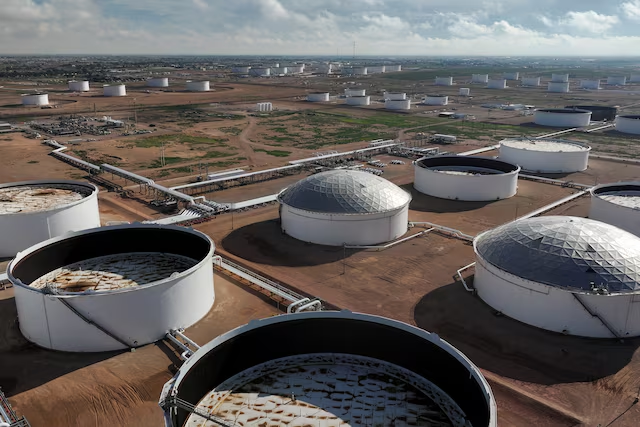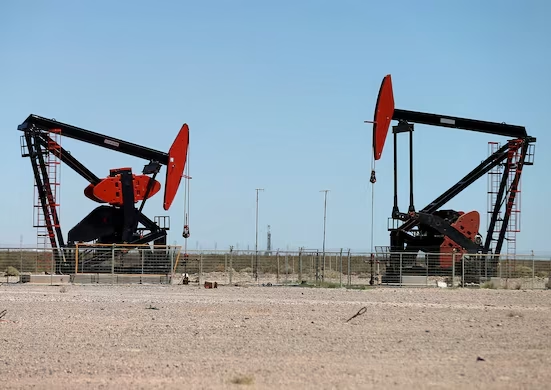July 9, 2025
Global oil prices surged to their highest level in two weeks on Tuesday following renewed Houthi assaults on commercial vessels navigating the Red Sea, heightening fears of major disruptions to global supply routes.
According to Reuters, the sharp price rally was triggered by an attack on the Eternity C, a Greek-operated, Liberian-flagged bulk carrier, which came under fire off Yemen’s coast. The assault, reportedly involving drones and armed speedboats, resulted in the tragic death of four crew members aboard the vessel.
The escalation has sparked widespread concerns across international shipping and energy markets, as the Red Sea serves as a critical artery for global oil and goods transportation. Industry analysts warn that continued threats in the region could lead to prolonged shipping delays, rerouting of vessels, and increased transportation costs, all of which could pressure fuel prices further in the weeks ahead.
The U.S. and other allied navies have stepped up maritime security in the region, but the Houthi rebels continue to pose a significant risk to freedom of navigation. In recent months, similar incidents have forced several shipping companies to divert vessels around the Cape of Good Hope, further disrupting the supply chain.
Oil traders responded swiftly to the latest incident, pushing Brent crude futures up by nearly 3% in Tuesday’s trading session, a jump not seen since late June. West Texas Intermediate (WTI) also climbed amid mounting anxieties over the geopolitical tensions in the Middle East.
The renewed volatility comes at a time when global markets are already grappling with tightening inventories and uncertainties surrounding production cuts by OPEC+ members. Energy analysts say sustained instability in key maritime zones like the Red Sea could serve as a catalyst for longer-term price inflation if diplomatic or military interventions do not restore calm soon.


